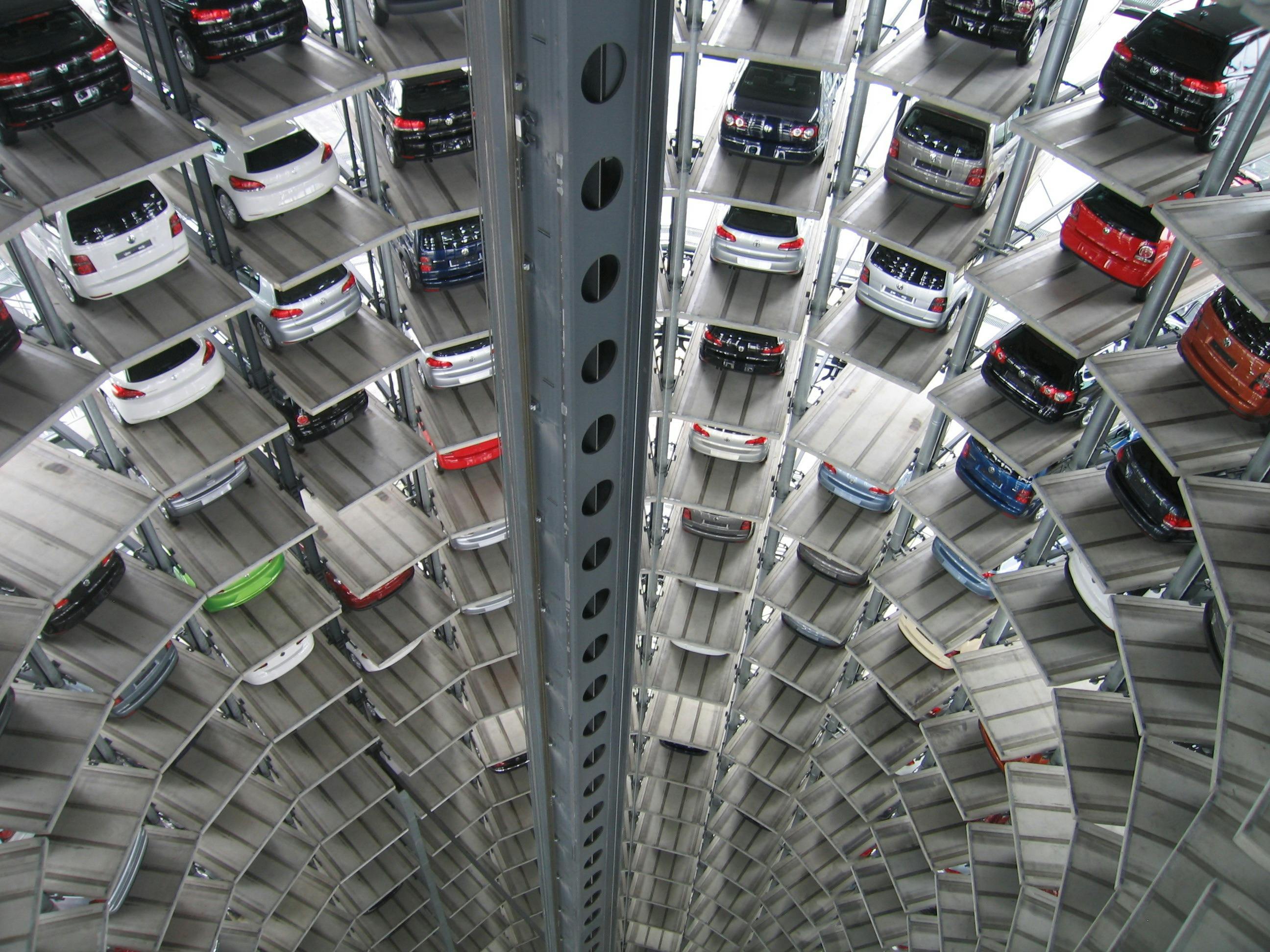Beyond Four Wheels: The Rising Importance of Software in Modern Cars
Ever since Karl Benz's Patent-Motorwagen puffed its way into history in 1886, the car has been primarily a mechanical device. But today, in an era defined by the digital revolution, software is becoming just as vital a component as the engine under the hood.

From Tinkerers to Coders: A Shift in the Automotive Industry
In the early days of the automotive industry, a good mechanic was the key to keeping a car on the road. These were the tinkerers with toolkits, the grease-stained troubleshooters who could listen to an engine and diagnose a problem by sound alone. But with the increasing complexity of modern vehicles, the role of software engineers in the automotive industry is becoming more and more critical.
Today’s cars are fitted with dozens of microprocessors running millions of lines of code. Everything from engine management and safety systems to in-car entertainment and climate control relies on software. In a sense, the modern car has evolved into a computer on wheels.
The Rise of Infotainment Systems
One of the most visible signs of the increasing importance of software in cars is the rise of sophisticated infotainment systems. These systems, which combine entertainment and information services, have transformed the driving experience, offering features like satellite navigation, Bluetooth connectivity, voice recognition, and even internet browsing.
However, as infotainment systems have become more complex, so too have the challenges associated with developing and maintaining them. Software glitches can lead to annoying malfunctions and even serious safety issues, stressing the importance of rigorous testing and continuous software updates.
Software and Vehicle Safety
Software also plays an increasingly critical role in vehicle safety. Advanced driver-assistance systems (ADAS), such as adaptive cruise control, lane-keeping assist, and automatic emergency braking, all rely heavily on software to function correctly.
These systems use sensors to monitor the vehicle’s surroundings and software algorithms to interpret the data and make decisions. The effectiveness and reliability of these safety features are heavily dependent on the quality and robustness of the underlying software.
The Future of Automotive Software
Looking to the future, the role of software in cars is set to expand even further. With the advent of connected cars and the Internet of Things (IoT), vehicles are becoming increasingly integrated with other digital systems. This opens up exciting possibilities for things like real-time traffic updates, remote vehicle diagnostics, and even communication between vehicles.
However, it also brings new challenges in terms of cyber security. As cars become more connected, they also become more vulnerable to hacking, underlining the need for robust software security measures.
Wrapping Up
In conclusion, while the internal combustion engine may have brought the car into being, it is software that will shape its future. From enhancing the driving experience to improving safety, software is becoming an increasingly vital component of the modern car. As we move towards a future of connected and autonomous vehicles, the role of software in the automotive industry is only set to grow.




